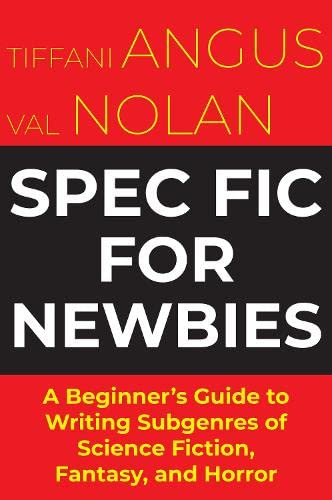What do you think?
Rate this book


256 pages, Paperback
First published March 28, 2023
The original cosmic horror stories by Lovecraft introduce a loose pantheon of Great Old Ones with such colourful names and identities as Ammutseba, Devourer of Stars; the mutagenic, foul-smelling cloud known as The Colour; Gog-Hoor, Eater of the Insane; the coiled, writhing tentacle mass Kassogtha, Bride and Sister of Cthulhu; the larva-like exile Nycrama, The Zombifying Essence; as well as Other or Outer Gods such as Yog-Sothoth, an all-knowing conglomeration of glowing spheres.The problem is only one of these named Great Old Ones was actually introduced by Lovecraft (Yog-Sothoth). All the others were invented by later authors. It feels a bit sloppy, and irritates me as a result.